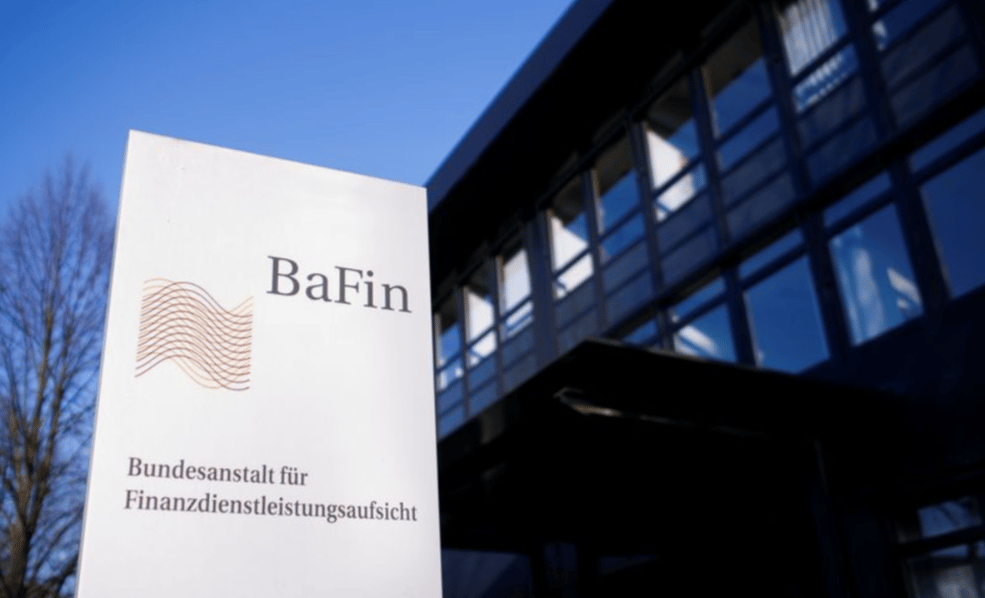BaFin Finds No Breach in Pre-Earnings Analyst Calls Amid Insider Trading Concerns
Germany’s Federal Financial Supervisory Authority (BaFin) has concluded an investigation into the controversial practice of pre-earnings analyst calls, stating it found no compelling evidence of misconduct or the need for regulatory change. The review was initiated in response to media reports suggesting a correlation between unusual stock price volatility and companies’ selective communication with financial analysts before the publication of quarterly results.
The investigation highlights ongoing tensions between transparent financial reporting standards and corporate access strategies, especially in equity markets with high retail and institutional participation. The findings were revealed at a financial regulatory conference on Monday, with further publication of detailed results expected later this week.
Findings and Their Implications
BaFin launched the investigation in 2023 amid growing scrutiny over the potential use of non-public, material information during off-the-record briefings. Market commentators had flagged price anomalies in several mid-cap stocks listed on German exchanges shortly before earnings announcements, prompting concerns over selective disclosure and compliance with Market Abuse Regulation (MAR).
The regulator, however, concluded that current practices do not breach disclosure obligations under EU financial law. According to BaFin’s preliminary statement, while the correlation between share movements and analyst calls raised valid questions, no systemic insider behavior was detected.
This decision effectively endorses the status quo in Germany’s capital markets and signals regulatory confidence in corporate governance protocols—though it is likely to reignite debate over regulatory harmonization across the EU and beyond.

Quick Facts
Regulator: BaFin (Federal Financial Supervisory Authority, Germany)
Focus: Analyst communication prior to earnings announcements
Conclusion: No regulatory breach identified
Legal context: Market Abuse Regulation (MAR), EU
Trigger: Media reports of volatility linked to pre-closing analyst calls
Next steps: Full publication of findings expected later this week
Market and Institutional Reactions
Market participants welcomed BaFin's findings as a sign of regulatory pragmatism, especially given heightened global sensitivity to insider trading enforcement. Listed companies and investor relations departments had expressed concern that any restriction on analyst engagement would impair transparency rather than enhance it.
However, some institutional investors argue that even if no explicit legal breach occurred, the optics of selective information flow warrant closer monitoring. Legal experts noted that BaFin’s position might diverge from stricter stances taken by the U.S. Securities and Exchange Commission (SEC), which has historically imposed heavy penalties for Reg FD (Fair Disclosure) violations.
Analyst community members emphasized that consistent communication protocols—especially when used across multiple earnings seasons—can still carry predictive value, which may partly explain price movements, even in the absence of direct leaks.

Key Points
BaFin's investigation did not confirm systemic misuse of insider information.
Pre-earnings calls with analysts will remain permissible under current German rules.
No violations of the EU’s Market Abuse Regulation (MAR) were detected.
The issue arose after media scrutiny linked share volatility to corporate briefings.
Regulatory alignment with U.S. practices remains uneven in this area.
The full report from BaFin is expected within the week.
Institutional investors remain divided over the practice’s fairness and optics.
Status Quo Maintained, But Regulatory Questions Remain
BaFin’s decision to maintain current policy regarding pre-earnings analyst interactions suggests that Germany will not implement stricter disclosure rules unless systemic abuse is proven. The ruling reaffirms the importance of market confidence in corporate behavior but also underscores the fine line regulators must walk between fostering transparency and avoiding overregulation.
While the immediate risk of legal action for firms has receded, companies engaging in such calls will remain under increased informal scrutiny from stakeholders. The outcome may shape broader European debates over harmonizing disclosure standards, particularly in light of more aggressive enforcement trends in Anglo-American jurisdictions.















Comments